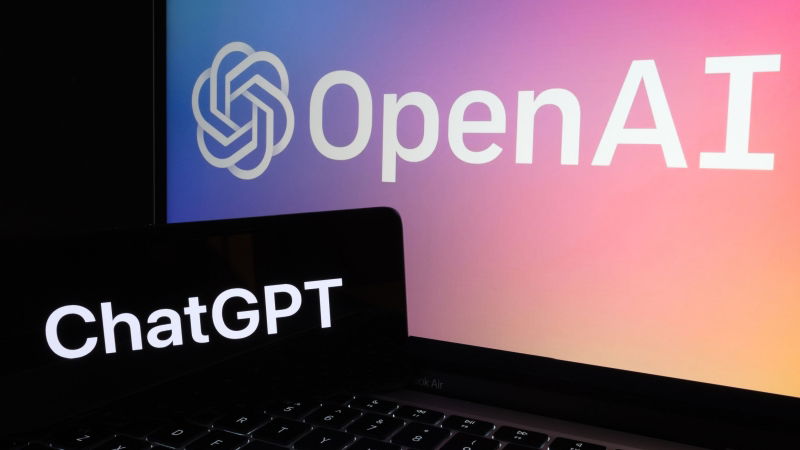
OpenAI offers grants for ideas to improve AI governance
share on
As conversations ramp up about the safety of artificial intelligence (AI) systems, OpenAI, has launched a programme to award ten individual US$100,000 grants to fund experiments in setting up a democratic process for deciding what rules AI systems should follow. This democratic process will be within the bounds defined by the law, OpenAI said in a statement.
This comes as OpenAI notes that decisions about how AI behaves should be shaped by diverse perspectives reflecting the public interest.
"Laws encode values and norms to regulate behavior. Beyond a legal framework, AI, much like society, needs more intricate and adaptive guidelines for its conduct," it said.
It continued by saying that by “democratic process”, it is referring to a process by which a broadly representative group of people exchange opinions, engage in deliberative discussions and then decide on an outcome via a transparent decision-making process.
There are several ways such a process could be structured, according to OpenAI. For example, it encourages applicants to be innovative, build off known methodologies, and come up with new approaches.
Don't miss: AI chatbot powered by OpenAI’s GPT jumps on board Snap
Examples of creative approaches that inspire it include Wikipedia, Twitter Community Notes, DemocracyNext, Platform Assemblies, MetaGov, RadicalxChange, People Powered, Collective Response Systems, and pol.is. Another notable ongoing effort is led by the Collective Intelligence Project (CIP), with whom OpenAI is partnering on public input to AI, contributing to its upcoming Alignment Assemblies.
The scope of the grant pertains to policy questions concerning model behavior, as it enables A/B tests with modified model behavior according to the policy recommendations.
"We acknowledge the limitations of this grant and recognize that numerous AI issues could be addressed through the democratic process, extending beyond model behavior to include areas such as guidelines for the use of AI in various contexts, economic impact, distribution of benefits and more," it said.
The launch of the grant comes shortly after OpenAI's CEO, Sam Altman, took the stand to speak directly to US lawmakers about the risks AI poses and why heavier regulations are needed amidst ethical, legal and national security concerns.
Speaking to the Senate Judiciary subcommittee, Altman, who was the man behind ChatGPT, noted that AI systems have become incredibly powerful but that as it advances, more people are getting anxious about the way it could change the way we live.
He noted that his team at OpenAI as well as himself were concerned about this too. To mitigate the risks, Altman proposed forming a US-based or global agency or committee that would be able to license these AI systems and to ensure compliance with safety standards as well as have the authority to revoke licenses.
Related articles:
LLaMA for dummies: 101 on Meta’s new AI research tool touted to outperform OpenAI
ChatGPT chief warns US congress of the need for government intervention in AI
GPT-4 for dummies: 101 on the even more powerful version of ChatGPT
share on
Free newsletter
Get the daily lowdown on Asia's top marketing stories.
We break down the big and messy topics of the day so you're updated on the most important developments in Asia's marketing development – for free.
subscribe now open in new window
